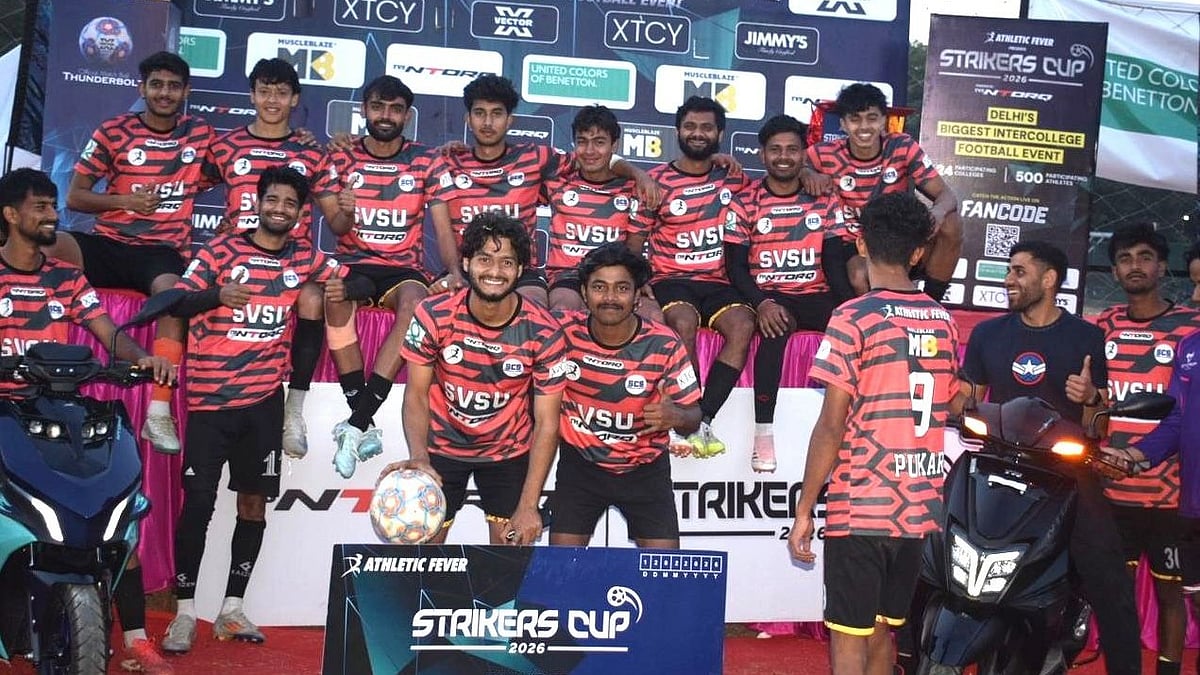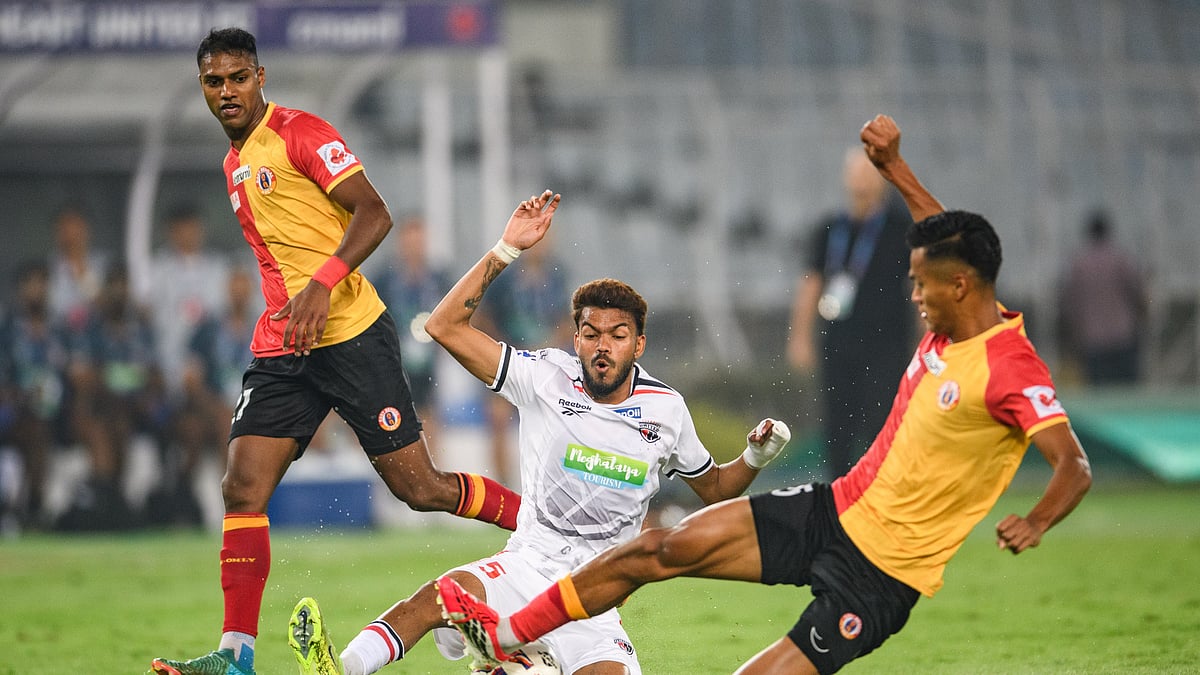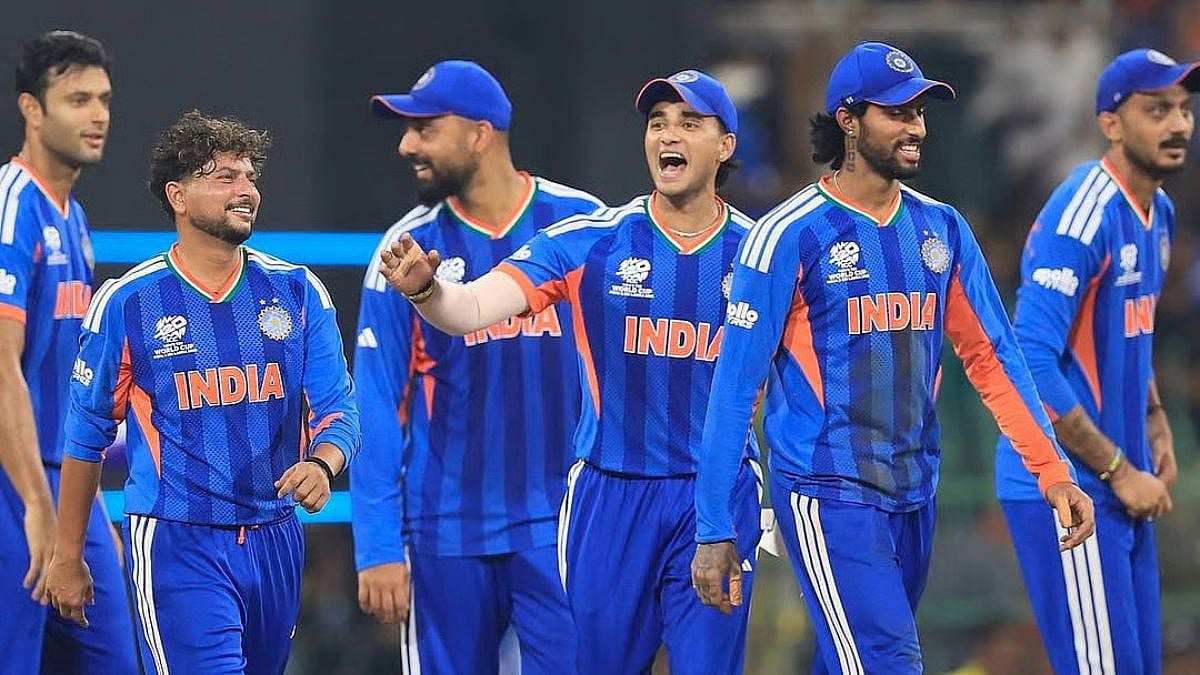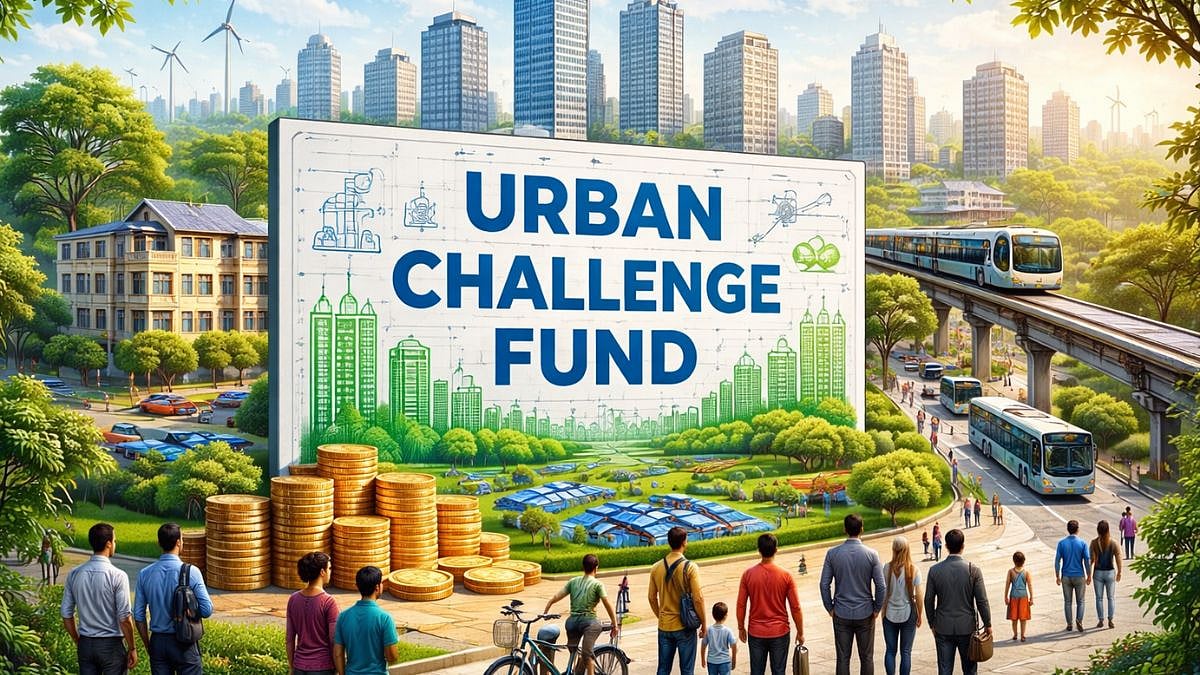What would you call a person who suggests raping an infant, because her father stood up for a teammate facing communal abuse?
It is difficult for us to even describe a person like this. After all, what kind of person threatens a child? And yet people like this exist. They exist in communities like ours, live next door to people like us, go to the same schools and universities, follow similar career paths. We all know people like this. Except that we don’t. They hide in plain sight. Masking the fact that they have been radicalised enough to issue rape threats against a child, because her father stood up for his teammate.
Shami trolled
After India’s T20 World Cup defeat, Mohammed Shami faced communal attacks on social media from mostly anonymous handles. Virat Kohli, the captain of the Indian team, called the attackers spineless. For good measure he added, “Attacking someone over their religion is the most pathetic thing one can do as a human. That is a very sacred and personal thing. People take out their frustration because they have no understanding of what we do.” The vitriol against Kohli was predictable. Some wishing his, and by definition India’s, loss, and others threatening to rape his child. Why? Because he stood up for a Muslim teammate.
Last week, a 23-year-old was arrested by Mumbai Police from Hyderabad. From a middle-class family, he was an alumnus of IIT Hyderabad, and was scheduled to go to the United States to study further. He is now behind bars. News reports suggest his parents did not know about his online activities, a large part of which was abusive trolling.
Like thousands of young people across the world, Akubathini has been radicalised so much that his instinctive response to a different opinion was to threaten a child with rape. The kind of brainwashing that has been done to convert an ordinary person into someone who threatened to rape a baby must come under the scanner of law enforcement. It is unlikely that Akubathini is the only one.
Routinely abused online
Women on social media have faced abuse for a long time. Most of it is highly sexualised. Death threats, rape threats, defaced photographs, sexual speculation, sexual innuendo, are par for the course for any woman who is online. While women in the public space - politicians, actors, journalists, authors - face the brunt of this abuse, others aren’t exempt. This is not specific to India but is a worldwide phenomenon. It’s almost as though a certain segment of men, worldwide, believes that women have to be sexually bullied to get out of the public space.
Trolls have been around for as long as the Internet but never have they been as organised as they are now. It’s almost as if someone decided to take the most rage-filled human beings existing in their lonely universes, bring them together and weaponise them against the rest of us. Packs of trolls can descend on anybody’s timeline to abuse. The cause could be any. If you analyse social media controversies, it is highly likely that you will encounter the same prolific abusers over and over again. And this brings us to the role of social media giants and the way in which they use the weaponised trolls to build engagement and stickiness.
Hate speech protected
Abusive Twitter and Facebook have built their business on the backs of the abusers. They have to ignore protests time and again on abusers and trolls. To protect the trolls, the social media giants have weaponised the American First Amendment and have used it to protect hate speech. And now, while these social media giants go laughing all the way to the bank, they leave behind devastated societies, communities and families.
You cannot help but feel sorry for Ramnagesh Srinivas Akubathini’s family. The way you feel sorry for the parents of every son (or daughter) who has been radicalised. When you read accounts of such families, you realise how little they knew about what was going on. This family’s dreams of a better tomorrow are over. The young man will find it difficult (if not impossible) to go abroad to study. It is unlikely that he will find a job that he is qualified for – would you hire someone whose google search reveals this? And, those who drew him in and radicalised him, will walk away. Those who nurtured the hate, applauded the abuse, and encouraged the rabid utterances – they will go away to find and devastate one more family.
When Dickens wrote ‘A Tale of Two Cities’, he described the era as the ‘best of times, and the worst of times’. You can say the same of the social media era. The world of digital and social is mostly helpful. You will find people who will go out of their way to help random strangers. You find advice and collaboration from the most unlikely sources. You can find a treasure trove of information and knowledge. And you can have interesting conversations with people from across the globe on shared interests. All these make social media amongst the best human experiences. But then, there is an underbelly of ugliness which is filled with those who foster hate, the abusers, the stalkers, those who use lies to fuel hate – and you have the worst of human experiences.
The writer works at the intersection of digital content, technology and audiences. She is a writer, columnist, visiting faculty and filmmaker









